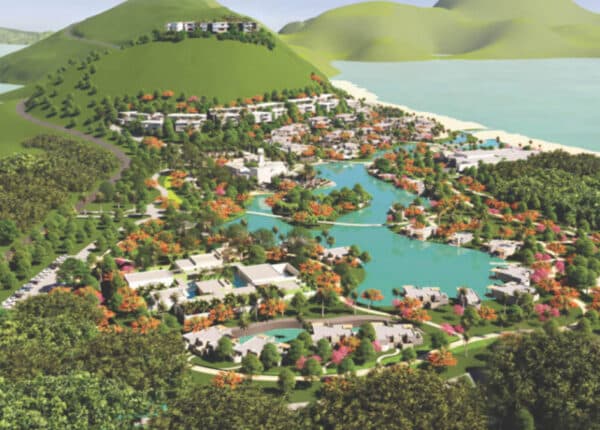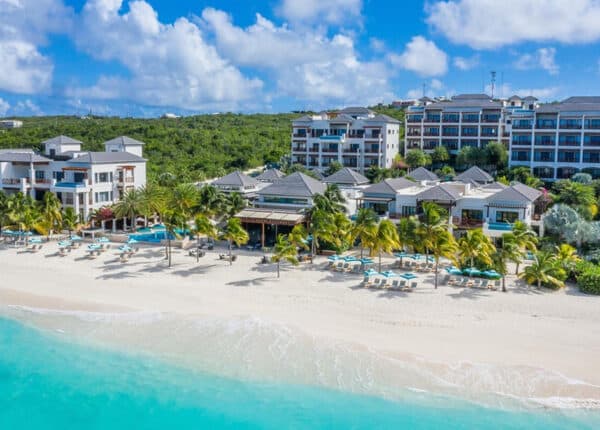In a Growing Trend, Americans Are Pursuing Caribbean Citizenship
By Alexander Britell
Mohammed Asaria is one of the Caribbean’s leading resort developers.
He’s the Managing Director of Range Developments, the company behind three of the region’s most prominent projects in recent years: the Park Hyatt St Kitts, the new Kempinski in Dominica and, most recently, the Six Senses Grenada.
All three are funded by CIP — that is, citizenship by investment programs (sometimes also known as CBI), through which investors can receive citizenship in a given country by investing in a certified project at a certain threshold or purchasing real estate at a certain price.
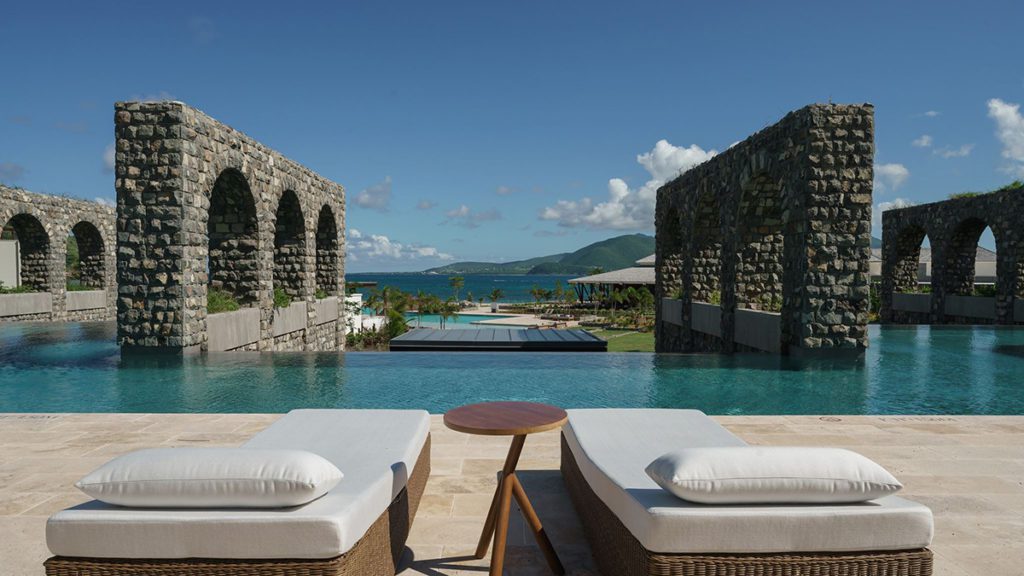
CIP programs, which have found success in countries like Antigua, Grenada, Dominica, St Kitts and Nevis and Saint Lucia, have long been popular around the world.
But there was one market that rarely showed any interest: Americans.
The ongoing pandemic and growing political uncertainty in the country, however, are starting to change that.
“Historically, the United States has not been a market for us,” he told Caribbean Journal Invest. “We have gone from a couple of enquiries annually to a steady stream of executions, a couple every month.”
More and more high-net-worth individuals in the United States, he said, are looking at second citizenship as a hedge.
“A number of high-net-worth individuals are looking at second citizenship as a hedge against social, political or economic challenges,” he said. “People are not comfortable not having the ability to travel freely. Corona has rendered the American passport less valuable in terms of travel rights.”
Most of the interest is coming from the East Coast, West Coast and Chicago, he said.
“Corona has shaken the world. We could face another pandemic in the near future,” Asaria said. “Second citizenship is an inexpensive hedge to have a base three hours from your main residence. And if everything continues normal, you continue your life as you have done historically. However, for a relatively modest investment of $220,000, I advise to put the hedge in place.”
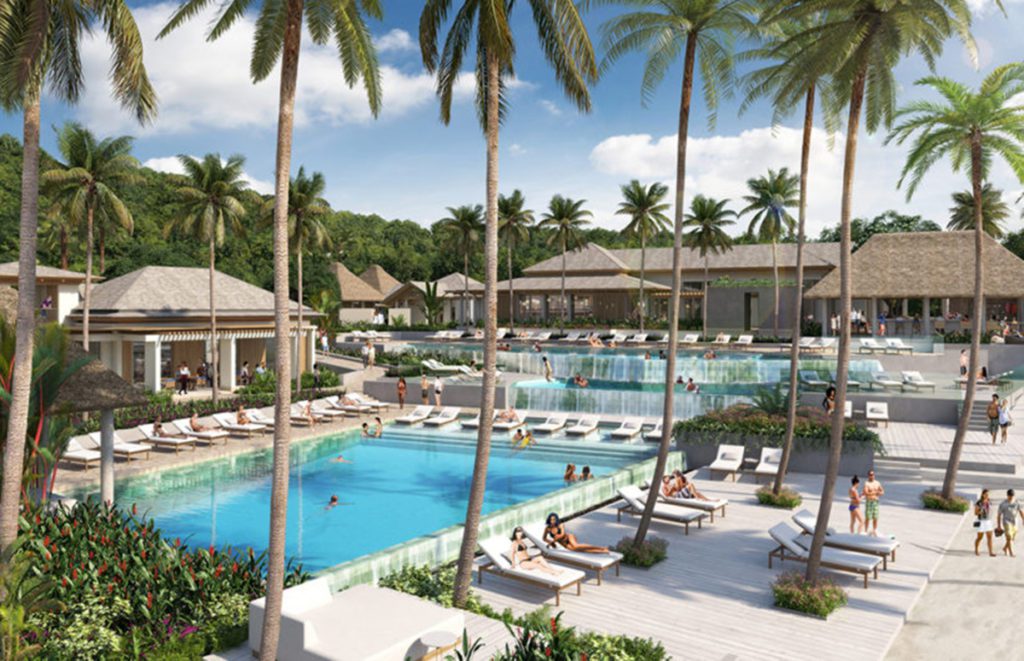
Asaria’s newest project is the Six Senses Grenada, the first-ever Six Senses in the Caribbean.
The project has two components: an ultra-luxury resort (investors may invest in a real estate trust and become eligible for second citizenship, subject to due diligence).
And then there are also six ultra luxury branded villas, catering for the lifestyle buyers.
“In the very near future we will start the marketing of these units,” Asaria said.
The process takes about three to four months.
“It’s not an isolated person considering the opportunity,” he said. “There is significant interest.”
That’s been the case at one of the region’s newest CIP-approved projects, the Residences at Secret Bay in Dominica, a real estate expansion of what has long been one of the region’s leading boutique hotels.
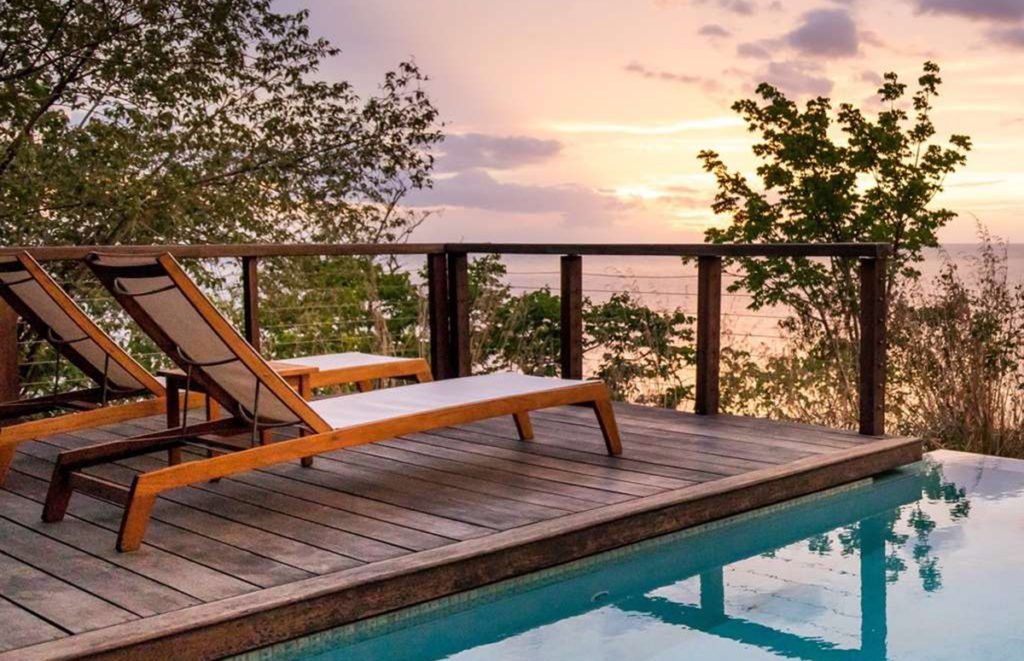
The project currently has 10 villas for purchase, with four new “Hillside Ti-Fey” villas expected to be completed this month.
Owner Gregor Nassief said the Residences at Secret Bay had seen a 70 percent increase in inquiries from Americans seeking to invest in the project’s villas, either through full ownership or a CBI-approved shared ownership offering.
“The catalysts driving this new interest is a combination of factors, including a level of uncertainty of what an extreme outcome on the left or right may look like after the presidential election as well as the United States’ challenge in mitigating the spread of COVID-19 and the resulting strict travel limitations imposed on U.S. travelers by nearly all countries,” Nassief told Caribbean Journal Invest. “It’s a clever “Plan B” investment strategy, with the benefit of a second home to escape to in a safe and neutral country, along with a second Citizenship benefit through CBI.”
Indeed, citizenship by investment is fueling a great deal of growth in real estate and hotel development across the wider region.
And it’s a trend that’s likely not going anywhere, Asaria said.
“Should the second wave that is upon us continue for a period of time or if its effect is amplified with the seasonal flu, the Caribbean provides a safe jurisdiction away from these public health challenges,” Asaria said. “So why not invest and also obtain Caribbean citizenship and set up a second base?”
You can find more on each country’s individual CIP/CBI programs below:
— CJ
